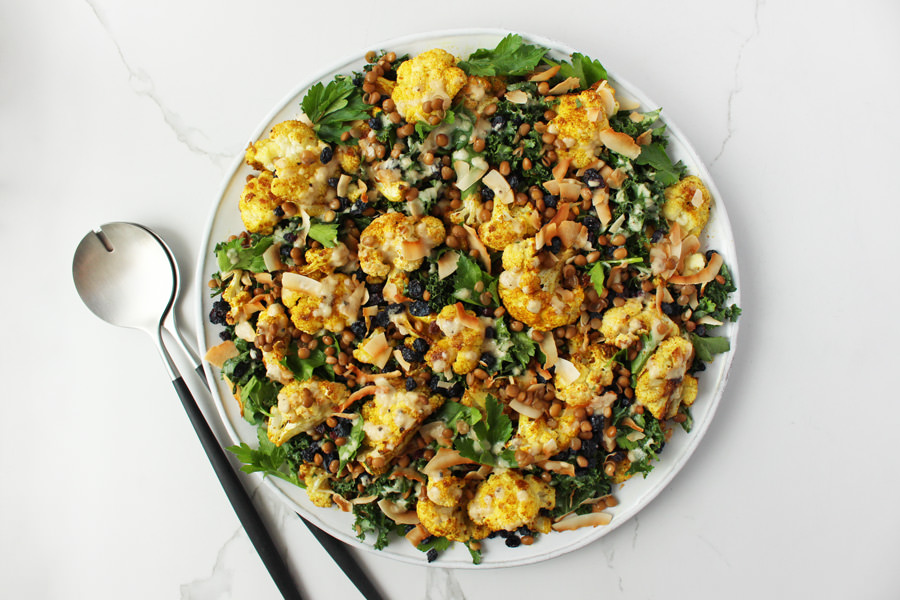
Going vegan is very popular and not without reason. Eating more plants and less meat can certainly provide health benefits; significantly increasing the amount of fibre, antioxidants, vitamins and minerals as well as presenting an effective solution to protect animals, the environment and ultimately save our planet.
If you’re a convert, I’m delighted that you will be eating more plants and therefore improving your health. However, before you start; here are 5 pitfalls to avoid:
-
Confuse Going Vegan with a Plant-based Diet
There is confusion with the terms vegan and plant-based; most people consider them to be the same thing, but there are differences.
A vegan diet completely avoids any foods that are derived from animals; so not only meat, chicken and fish but also dairy, eggs and even honey. It is a very “strict” way to eating that can also stretch into lifestyle choices, with many vegans also avoiding leather and products that have been tested on animals.
A plant-based diet, however, focuses on eating predominantly whole foods such as grains, vegetables, fruits, nuts, seeds and legumes with no animal foods, whilst other plant-based eaters may choose to include some fish, dairy and eggs or even meat and chicken occasionally. As such, it cannot be classified as vegan or vegetarian but in essence, it is closely aligned to the Mediterranean diet; which is high in whole foods, vegetables and fruits with little meat, cheese and yoghurt.
READ MORE | The Mediterranean Diet, the elixir of health or just hype?
So, a vegan diet is certainly plant-based but not the other way round. Consider whether a plant-based diet with occasional meat or fish, for example, a couple of times a week would work better for you both health-wise and on a practical level, allowing you to enjoy meals with friends and family without strict restrictions.
-
Go vegan overnight
Whilst going vegan can often be an immediate decision, I would urge you to consider the implications of this and transition towards a vegan diet over a period of time. It is important to build your knowledge and understanding of the foods available for you to eat, which nutrients you need to ensure your health and the best way to obtain them.
Going vegan will mean thinking about your dietary choices and planning your meals; each meal, every day. You will need to be more conscious about food and avoid making haphazard choices.
Allow yourself a period of adjustment and start slow; eating vegan meals a couple of times per week and building on this as your knowledge and repertoire of meals and recipes increases. “Meatless Monday” is a great way to kick start your week on the right track.
-
Become a junk food vegan
You’ve decided to move away from eating meat and any animal-based protein and suddenly your whole shopping experience changes. You’re making choices that are shouting “VEGAN” but on closer inspection, you’ll find that whilst many of these foods are certainly vegan, they are almost certainly not the healthiest choice.
For example, most packaged foods that call themselves vegan burgers or nuggets are probably made with a small amount of plant-based protein and bulked with cheap starches and carbohydrates along with flavourings, colourings and preservatives to mimic their animal-based namesakes.
These foods are highly processed and often very far from real food. Instead, experiment with foods like Tofu, a soy-based protein source in a stir-fry for example or a lentil-based dhal.
-
Avoid whole foods
Whether you’re going vegan or eating plant-based, you simply cannot ignore unprocessed, real foods; in other words, whole foods like:
- Healthy whole grains like Quinoa, Brown rice, Buckwheat and Spelt
- Beans and pulses like lentils and chickpeas
- Nuts and seeds like almonds, chia and pumpkin seeds
- Plenty of vegetables and fruits, especially non-starchy dark green leafy vegetables
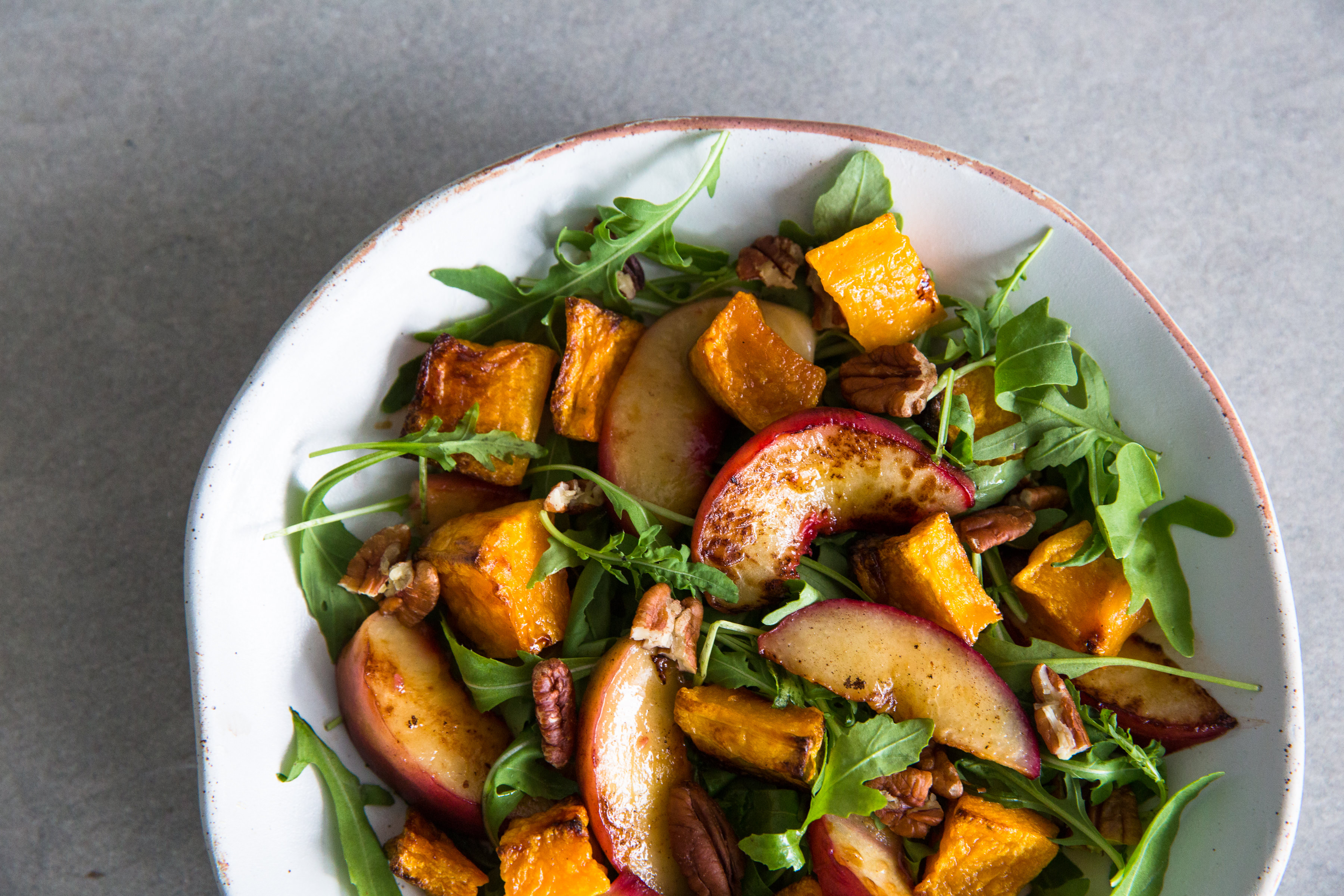
Butternut Squash, Peach & Pecan Salad
These foods must make up pretty much each meal and that takes thought and planning. Consider how you can re-create your favourite meals using these whole foods; for example a lentil & mushroom based Bolognese sauce.
NEED RECIPE INSPIRATION? CLICK HERE
-
Ignore your body’s warning signs
Your body is very clever and will soon let you know if your new dietary approach is not right for you. You may find you’re generally feeling tired and lethargic and not firing on all cylinders or you might notice specific symptoms like skin issues.
READ MORE: Do you eat enough protein? Here are 7 signs you may have overlooked
Want to escape and learn more about going vegan or eating more plant-based? Why not join me on one of my next retreats where you can experience a new way of being and eating, in the peace and tranquillity of the Loire Valley, France.
- Yoga Retreats June & Sept 2020
- Pilates Retreat May 2020
- Creative Retreat May 2020






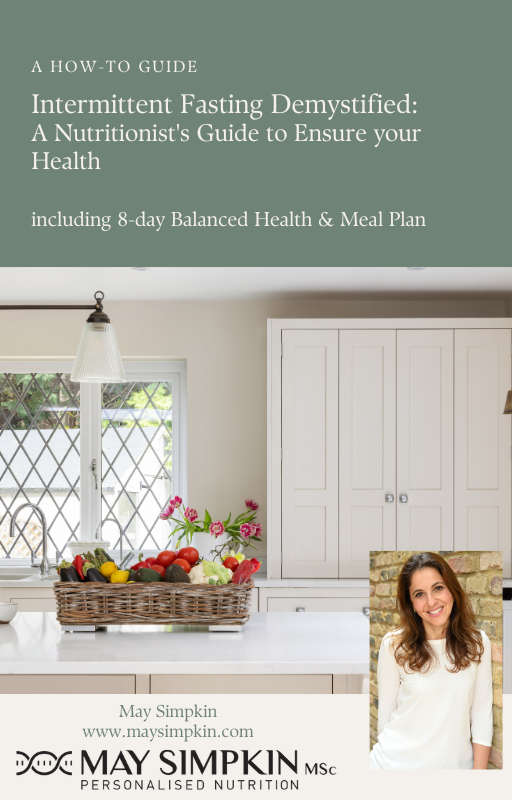
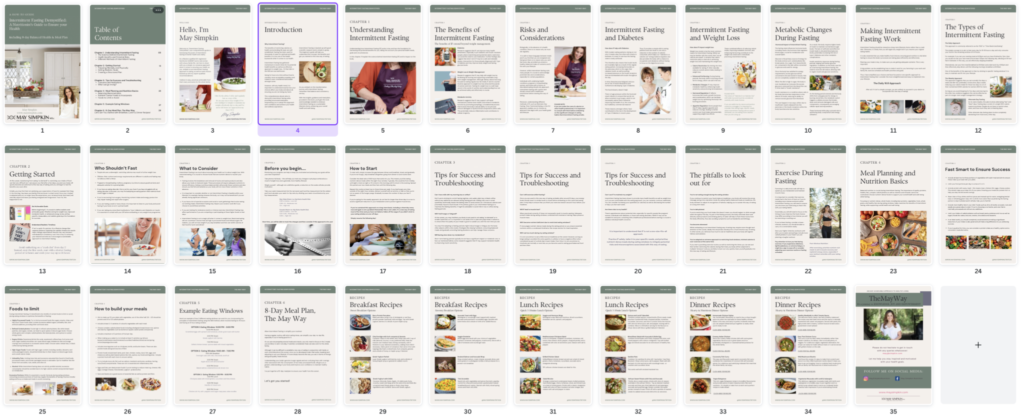

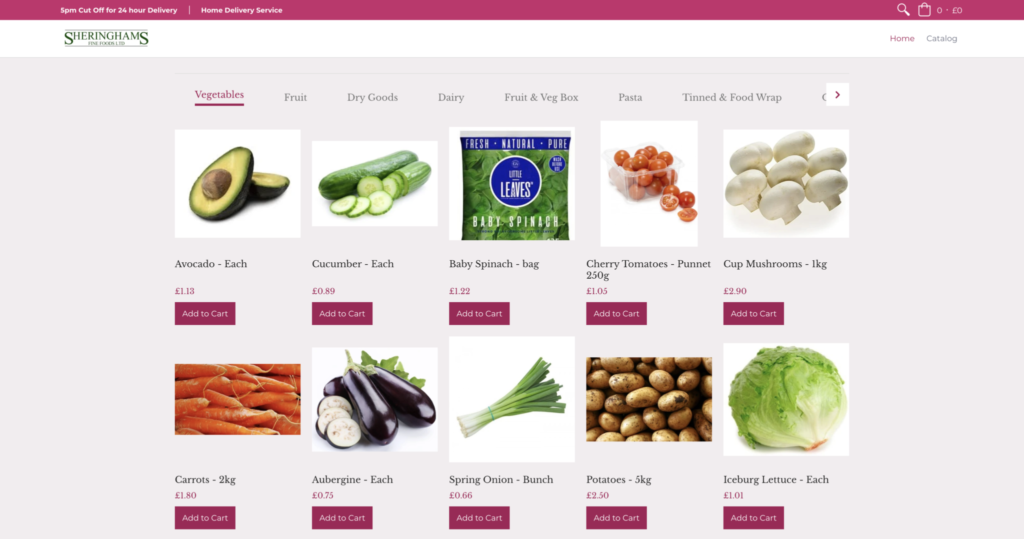

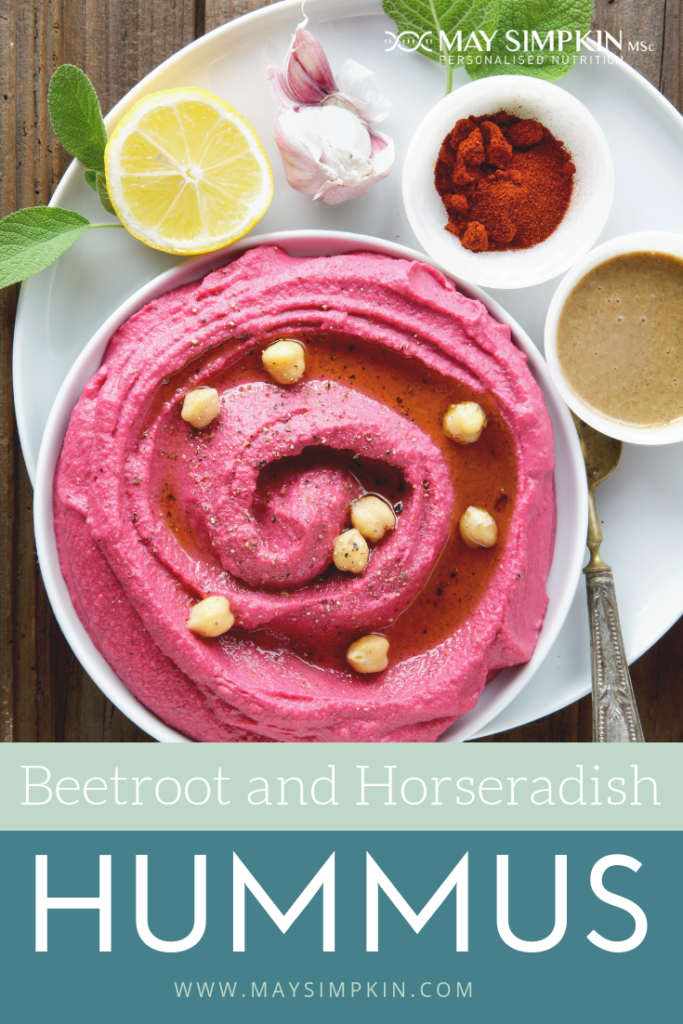
2 Comments
Diana Hayes
Please could you tell me the health benefits of Natural Bio live Yoghurt and Natural Bio live Kefir? Do they have the same benefits,
or is one better for you than the other? I never buy fat free as I believe additives are added to make up the consistency.
Thank you in advance for answering my question.
May Simpkin
They both contain live bacteria and therefore provide good bacteria, which is essential for optimal gut health. Kefir is a fermented milk drink so it's a question of preference. If you like Kefir as a drink, then it is also a good source of the bacteria, otherwise a live yoghurt is also a good choice. Very happy to hear you never buy fat free - nor do I! The full fat versions are far tastier and certainly more satiating.